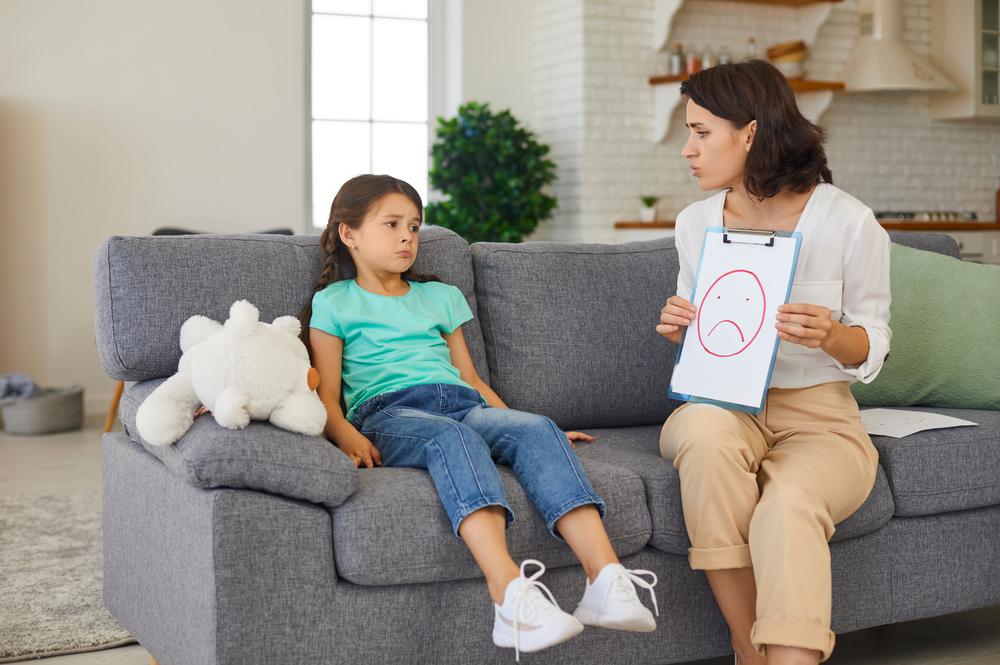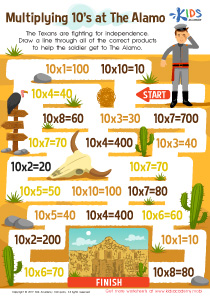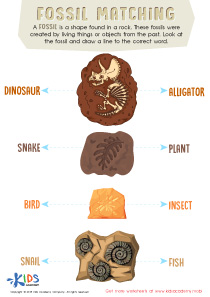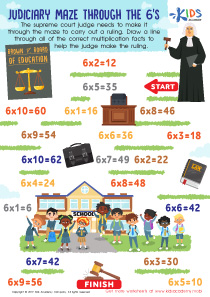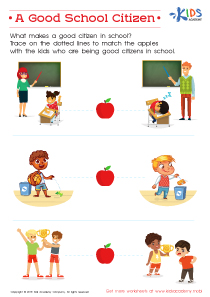Problem-Solving Skills Extra Challenge Social Studies Worksheets for 8-Year-Olds
5 filtered results
-
From - To
Unlock your child's potential with our "Problem-Solving Skills Extra Challenge Social Studies Worksheets for 8-Year-Olds." Designed for young learners ready to take on more, these worksheets engage students in critical thinking and analytical skills through exciting social studies topics. Each activity challenges children to explore real-world scenarios, encouraging them to develop effective solutions. Our interactive format stimulates creativity while ensuring that key concepts are grasped in an enjoyable way. Perfect for classroom use or at-home learning, these worksheets support academic growth and foster a love for problem-solving. Empower your child’s education today and watch them thrive!
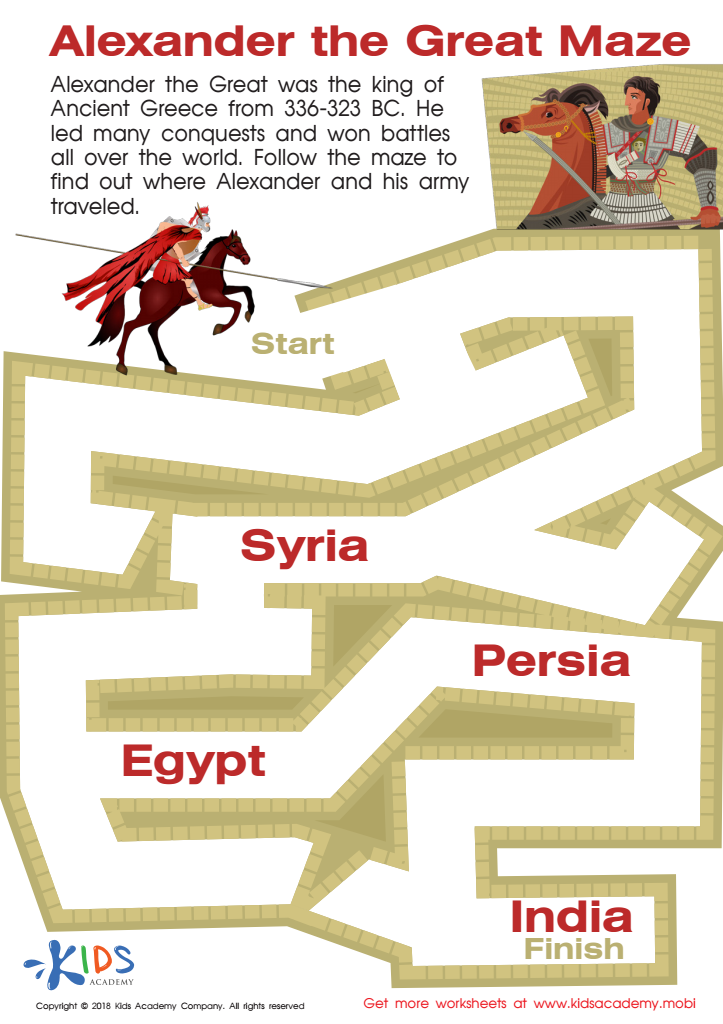

Alexander the Great Maze Worksheet
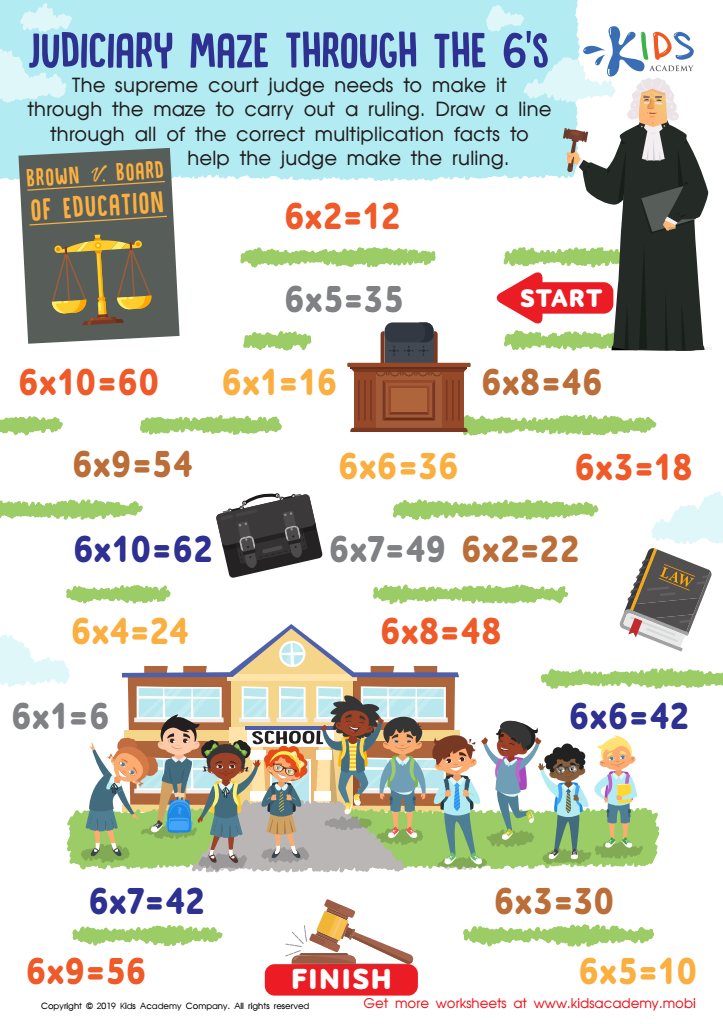

Judiciary Maze Through The 6’s Worksheet
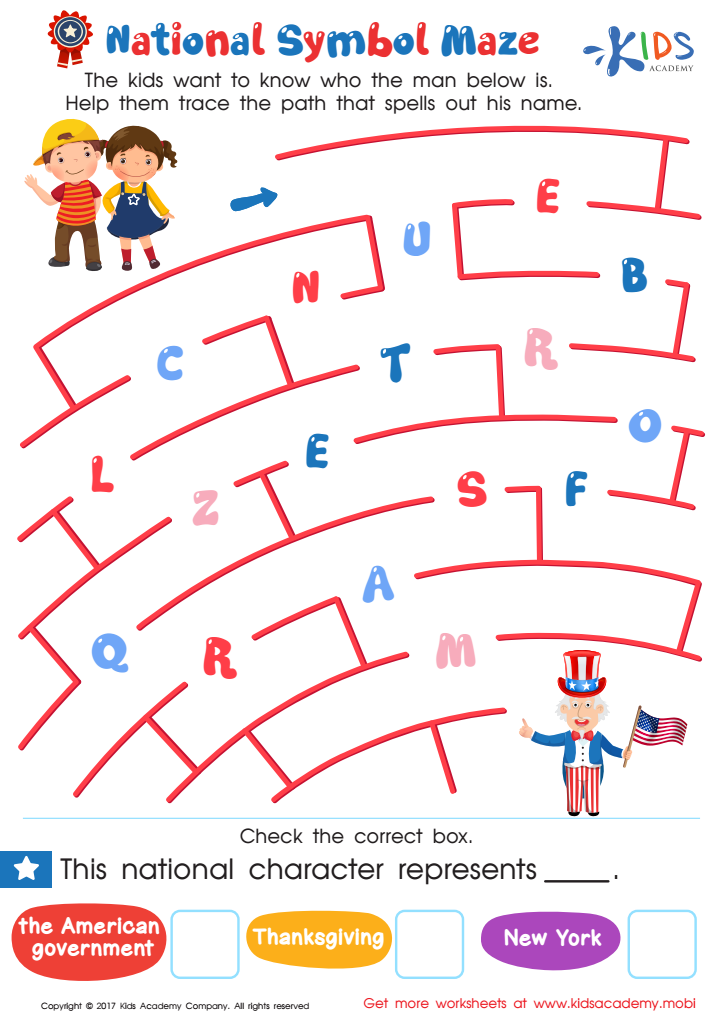

National Symbol Maze Worksheet
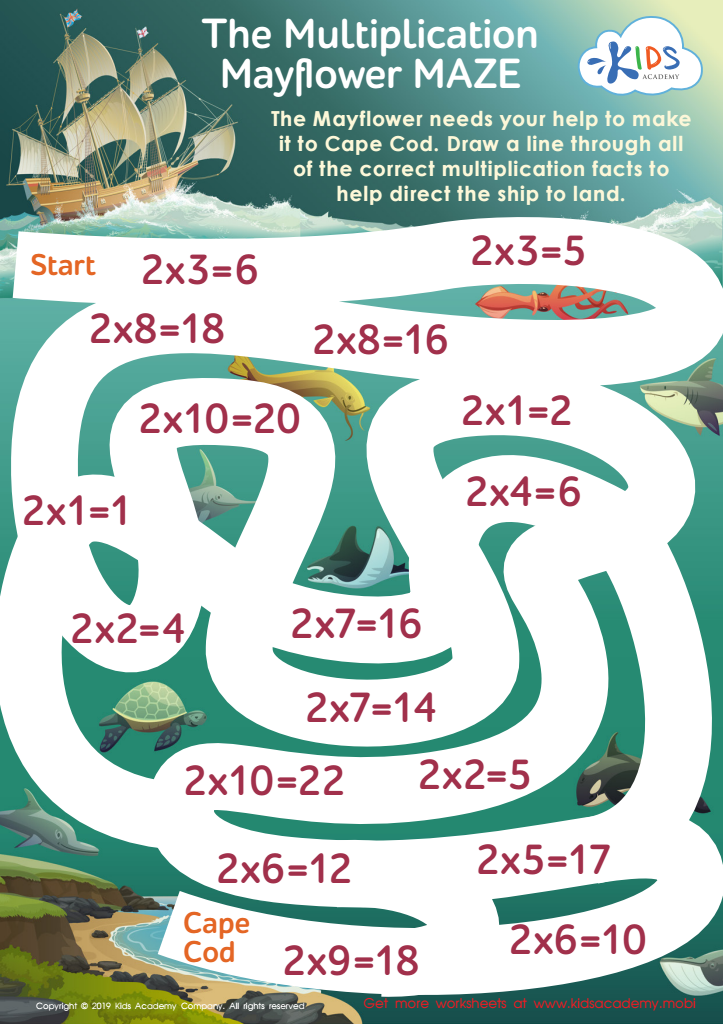

The Multiplication Mayflower Maze Worksheet
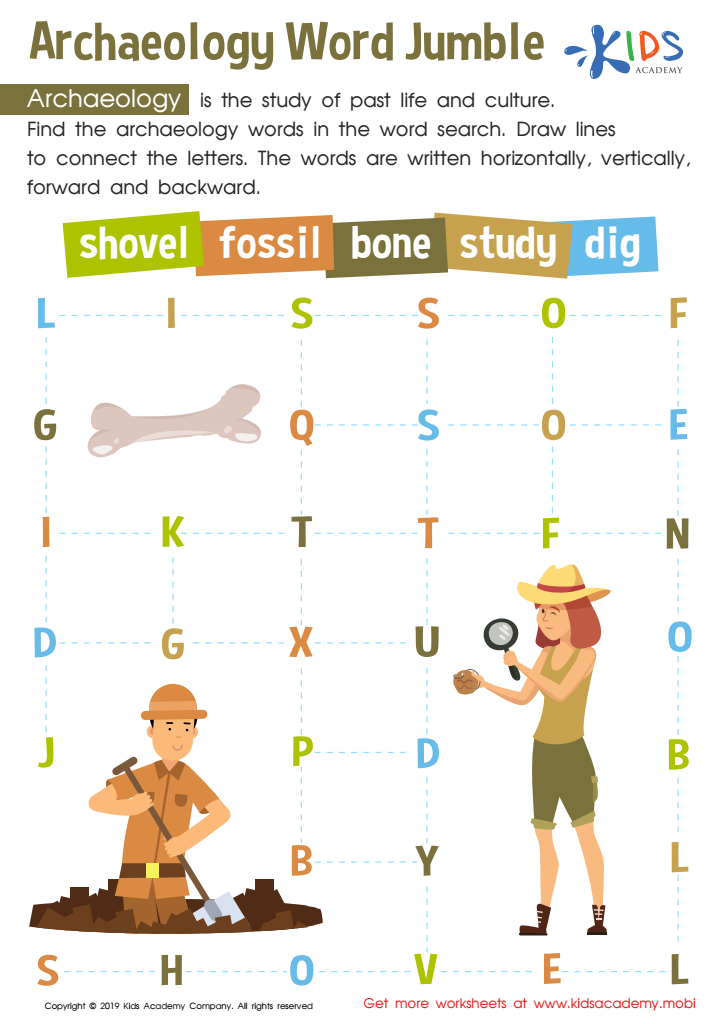

Archaeology Word Jumble Worksheet
Parents and teachers should prioritize problem-solving skills in social studies for 8-year-olds because these skills are foundational for lifelong learning and success. At this age, children are beginning to understand the complexities of the world around them. Engaging in problem-solving activities, particularly within social studies, allows them to explore historical events, cultural differences, and social issues critically. This engagement helps children develop analytical thinking, encourages creative solutions, and fosters empathy for diverse perspectives.
Moreover, problem-solving challenges promote active participation in the learning process, moving beyond rote memorization to a deeper understanding of content. As students navigate real-world scenarios, they learn to collaborate with peers, strengthening their communication and teamwork skills. This cooperative learning environment not only enhances cognitive abilities but also builds self-confidence and resilience.
Furthermore, strong problem-solving skills are vital for future academic achievements and informed civic engagement. As children become more adept at analyzing problems, they are better equipped to tackle complex issues as adults, both personally and within their communities. Therefore, fostering these skills at an early age ensures that students are not just passive learners but active, thoughtful participants in society, ready to address and solve the challenges of their time.
 Assign to My Students
Assign to My Students




